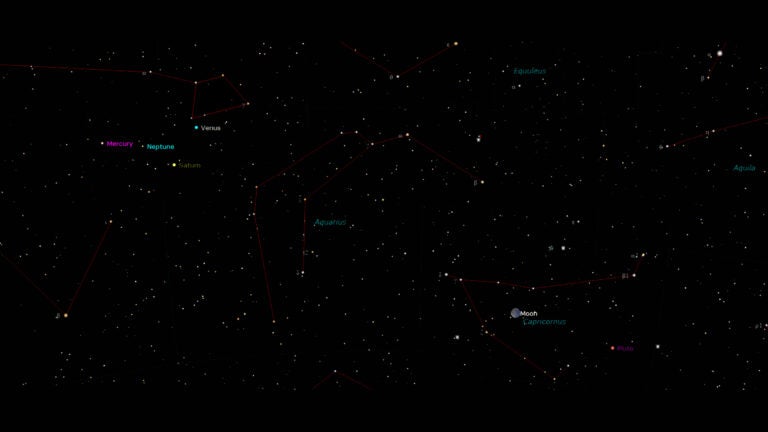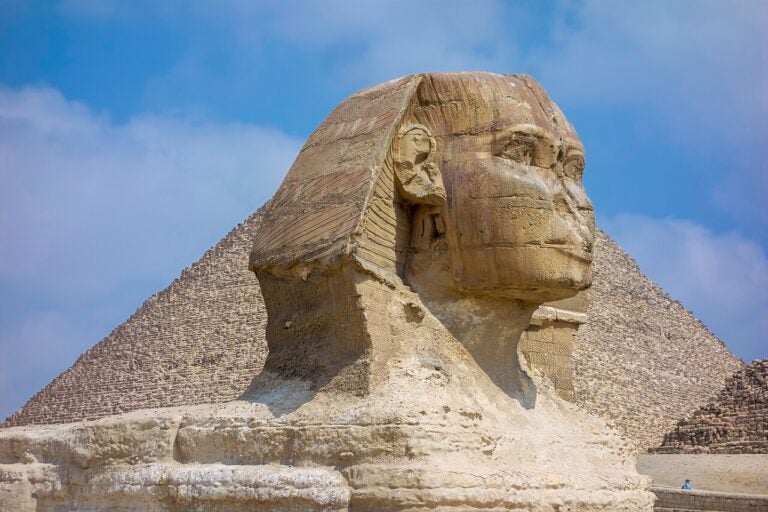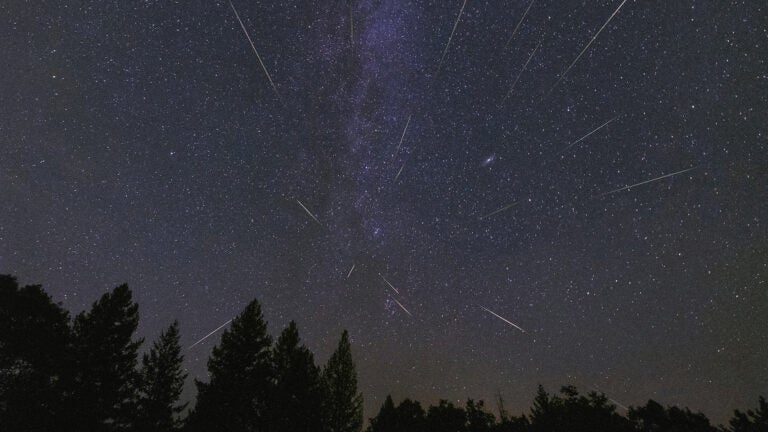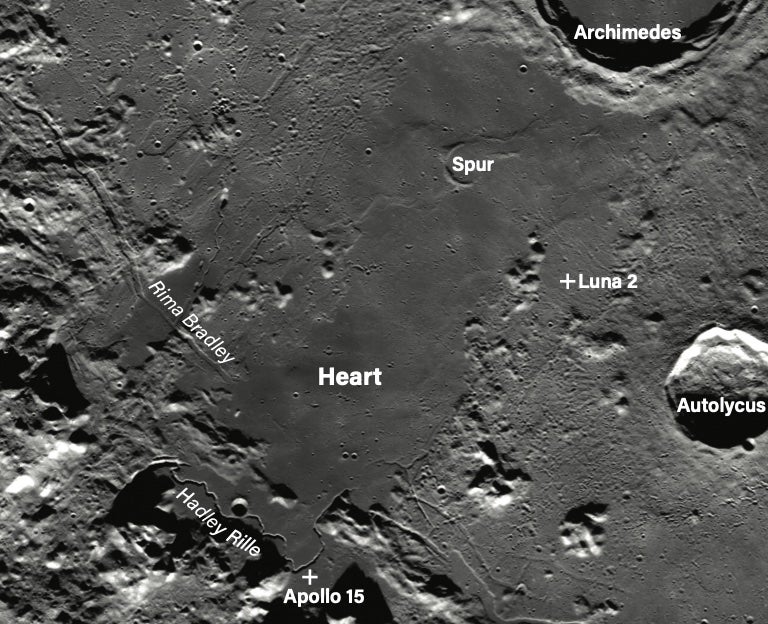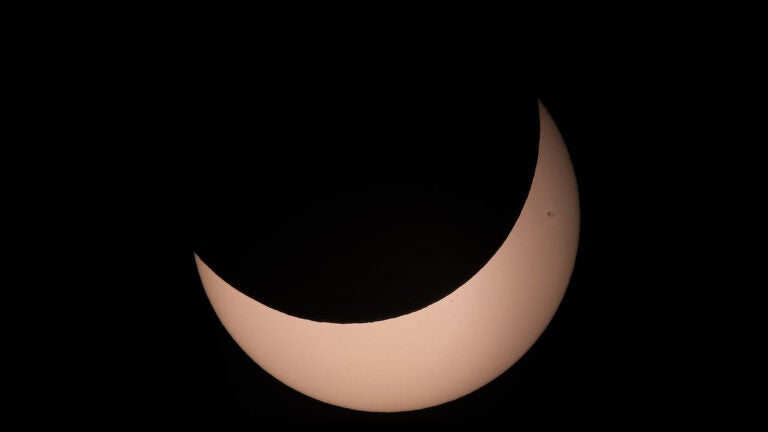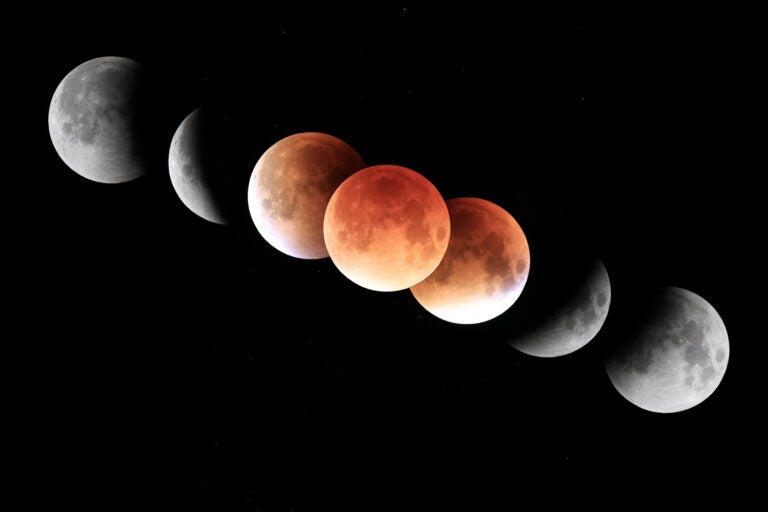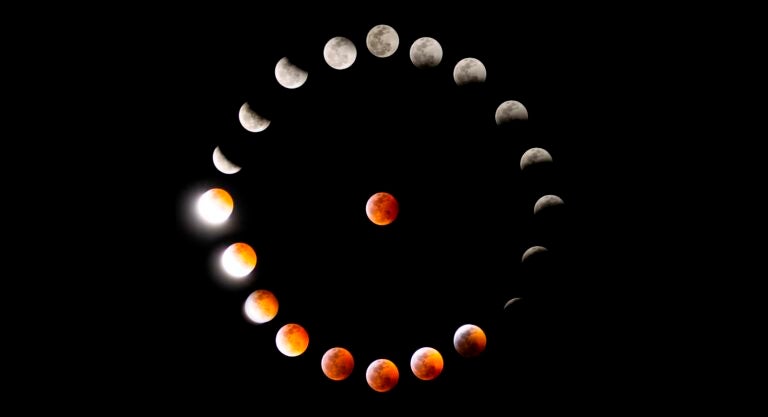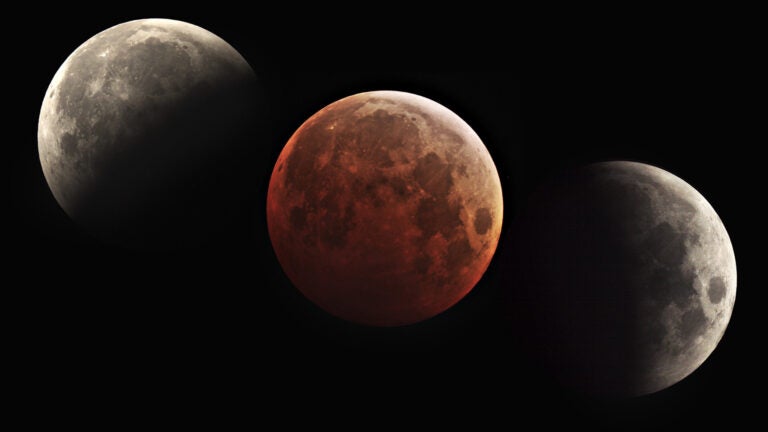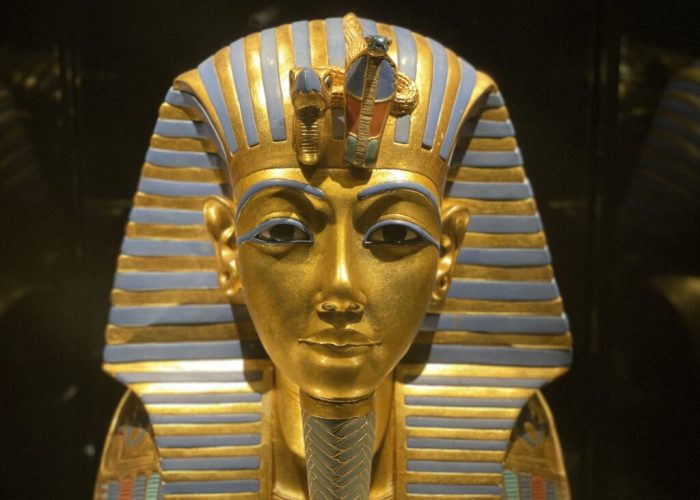
I’ve been a rabid astronomy enthusiast for 48 years, and rarely have I been as juiced up for an observational event as I am for the eclipse coming in three years. On August 2, 2027, a total solar eclipse will make its mark from the eastern Atlantic Ocean across the Strait of Gibraltar, between Spain and Morocco, and across portions of Northern Africa and the Middle East. Start putting aside your nickels now: This event will be the best eclipse to possibly see for decades to come, for two primary reasons.
First, it will be an exceptionally long eclipse. At its maximum, totality will last for 6 minutes 23 seconds, which is about as long as a total eclipse can last. (The longest upcoming solar eclipse of all will offer totality of 7 minutes 29 seconds, but you’ll need to wait another 162 years to see it.)
Second, the best place to see the eclipse will be Egypt. Maximum totality occurs there, and the probability of photometrically clear skies in August in Egypt is practically 100%.
Now I have been to lots of places in this world over the past half century. Being a guy who in another life would have liked to be an archaeologist, I dearly love Italy and Greece. But I am telling you, the scale of the wonders, the size and preservation of the monumentation and antiquities in Egypt, leaves all other places behind.
Here’s an incredibly exciting thing: Totality will be visible from Luxor (ancient Thebes), Egypt, one of the most famous archaeological areas in the nation, where the Temple of Luxor stands. It is a spectacular place to see without an eclipse. Imagine seeing a greater-than-6-minute total eclipse from Luxor, wandering through the Temple, and then crossing the Nile to see the Valley of the Kings and the Valley of the Queens, which lie nearby, studded with unbelievable tombs, including the astronomically famous resting place of our old pal Tutankhamun.
The Astronomy staff is gearing up to cover this enormously important observational event in every way we possibly can, and we hope to have significant staff on the ground in the Moon’s shadow. Our travel partner, Eclipse Traveler, is also offering tours, and I think our editors will be along for them, in three different ways.
You can check out the Eclipse Traveler tours here: https://www.eclipsetraveler.com/2027-solar-eclipse-tours/
I will continue to update you on further info and plans on this astonishing and historic event. Stay tuned!
David J. Eicher is Editor of Astronomy magazine.

